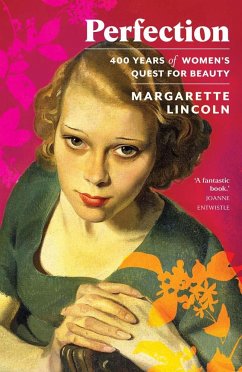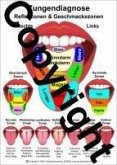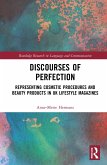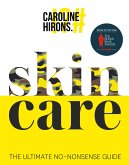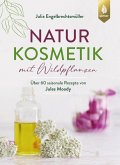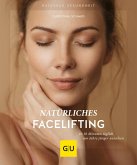A colourful account of women's health, beauty and cosmetic aids, from stays and corsets to today's viral trends Victorian women ate arsenic to achieve an ideal, pale complexion, while in the 1790s balloon corsets were all the rage, designed to make the wearer appear pregnant. Women of the eighteenth century applied blood from a black cat's tail to problem skin, while doctors in the 1880s promoted woollen underwear to keep colds at bay. Beautification and the pursuit of health may seem all-consuming today, but their history is long and fantastically varied.
Ranging across the last four hundred years, Margarette Lincoln examines women's health and beauty in fascinating detail. Through first-hand accounts, and reports of physicians, quacks and advertising, Lincoln captures women's lived experience of consuming beauty products, and the excitement-and trauma-of adopting the latest fashion trends.
Considering everything from body sculpture, diet and exercise to skin, teeth and hair, Perfection is a vibrant account of women's body-fashioning-and shows how intimately these practices are related to community and identity throughout history.
Ranging across the last four hundred years, Margarette Lincoln examines women's health and beauty in fascinating detail. Through first-hand accounts, and reports of physicians, quacks and advertising, Lincoln captures women's lived experience of consuming beauty products, and the excitement-and trauma-of adopting the latest fashion trends.
Considering everything from body sculpture, diet and exercise to skin, teeth and hair, Perfection is a vibrant account of women's body-fashioning-and shows how intimately these practices are related to community and identity throughout history.

